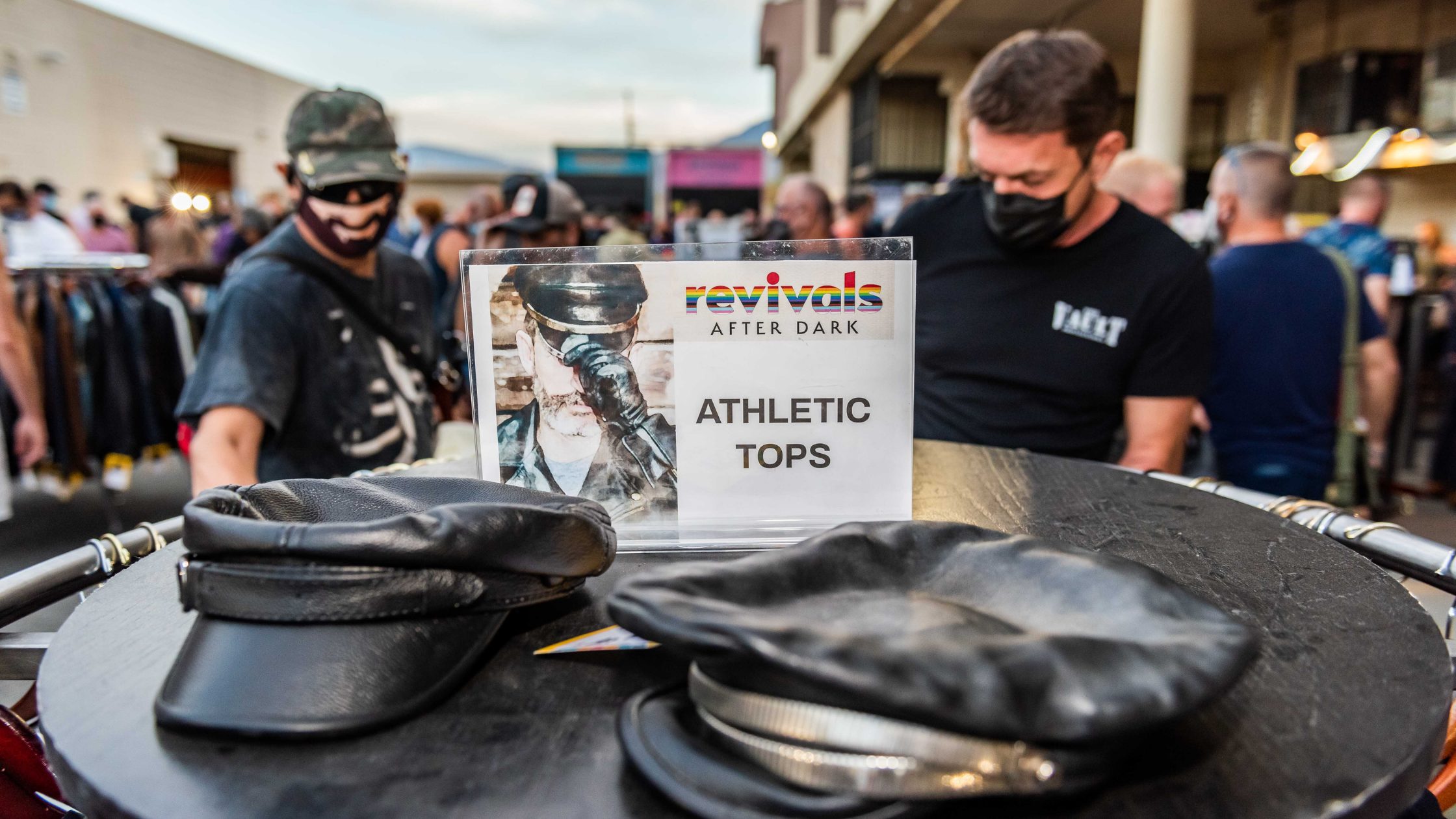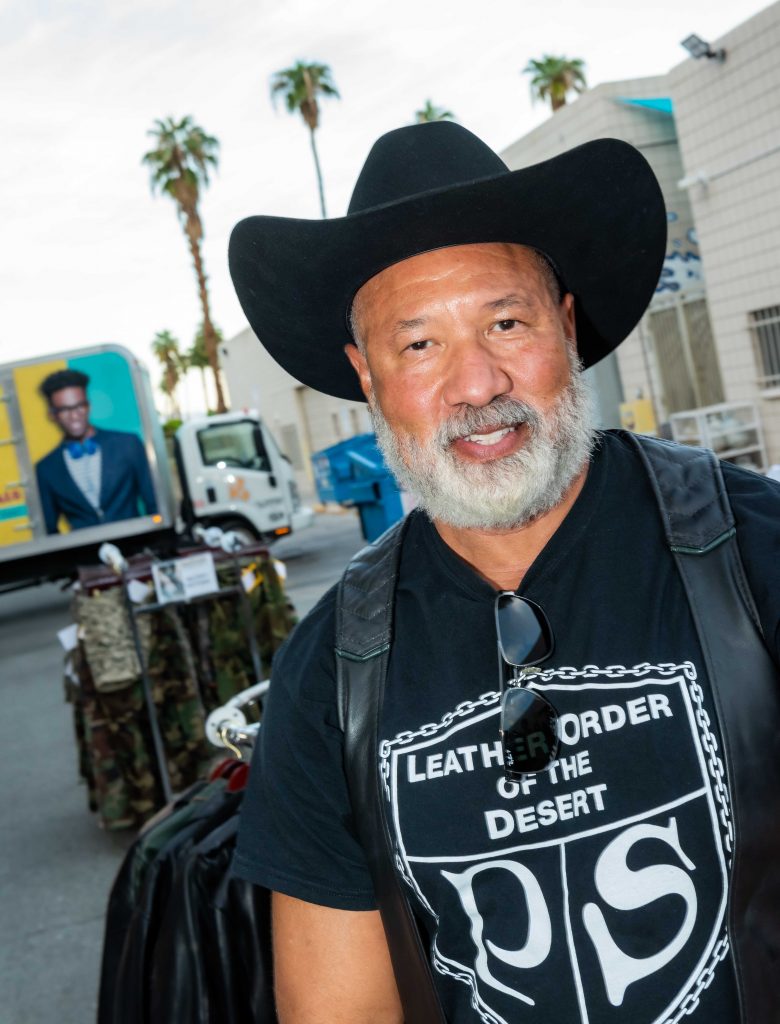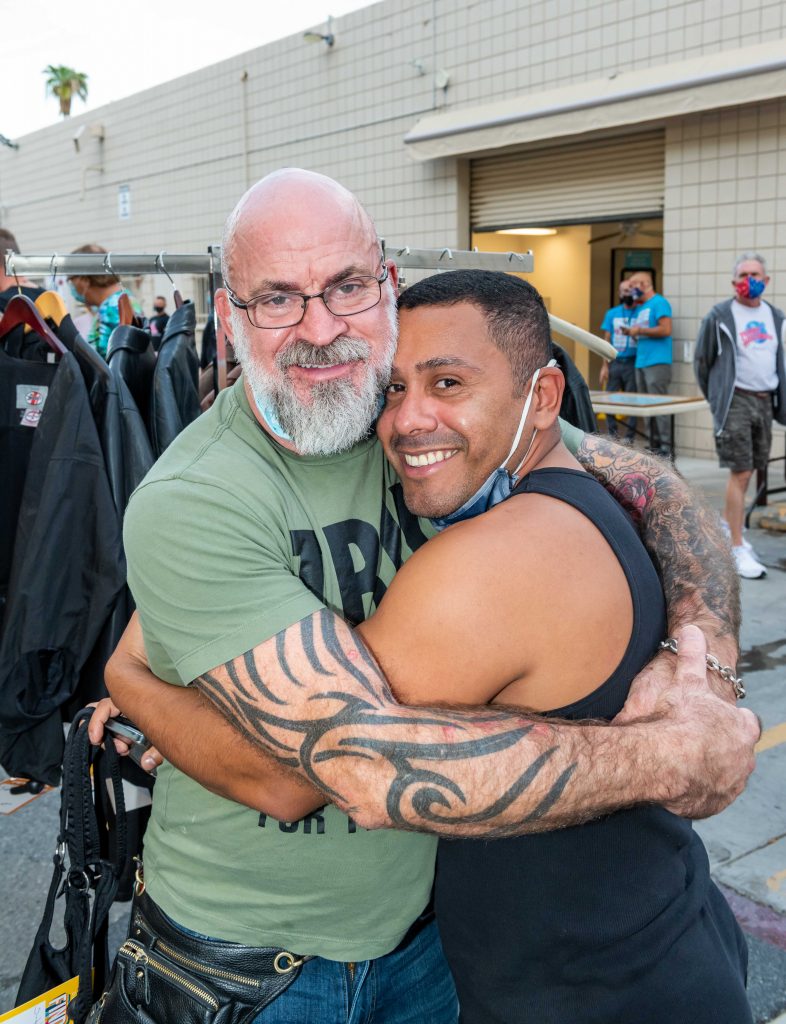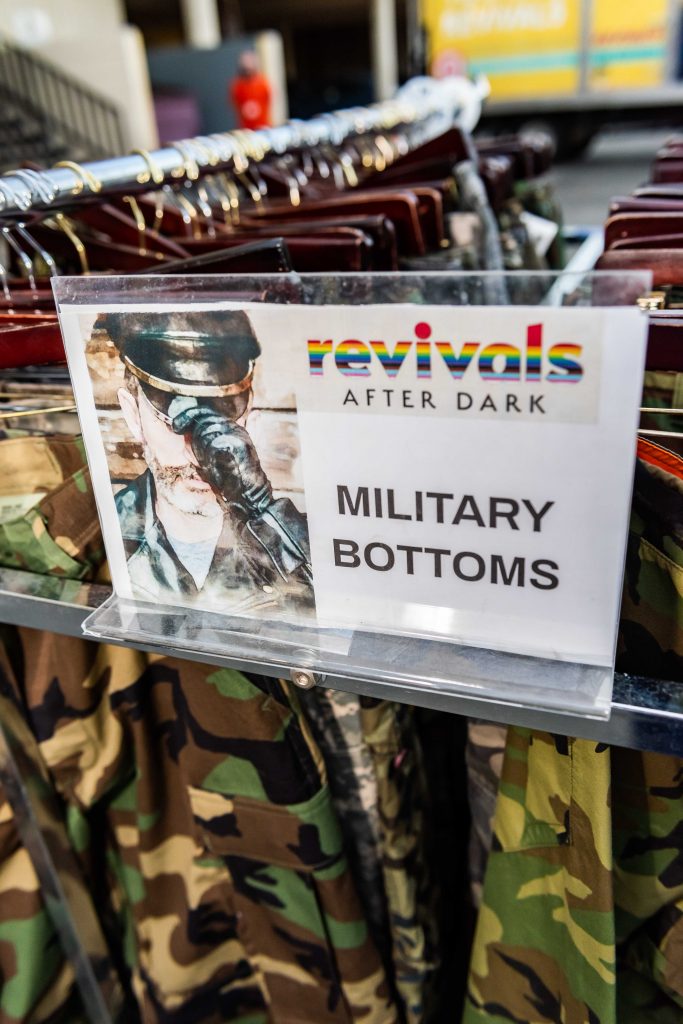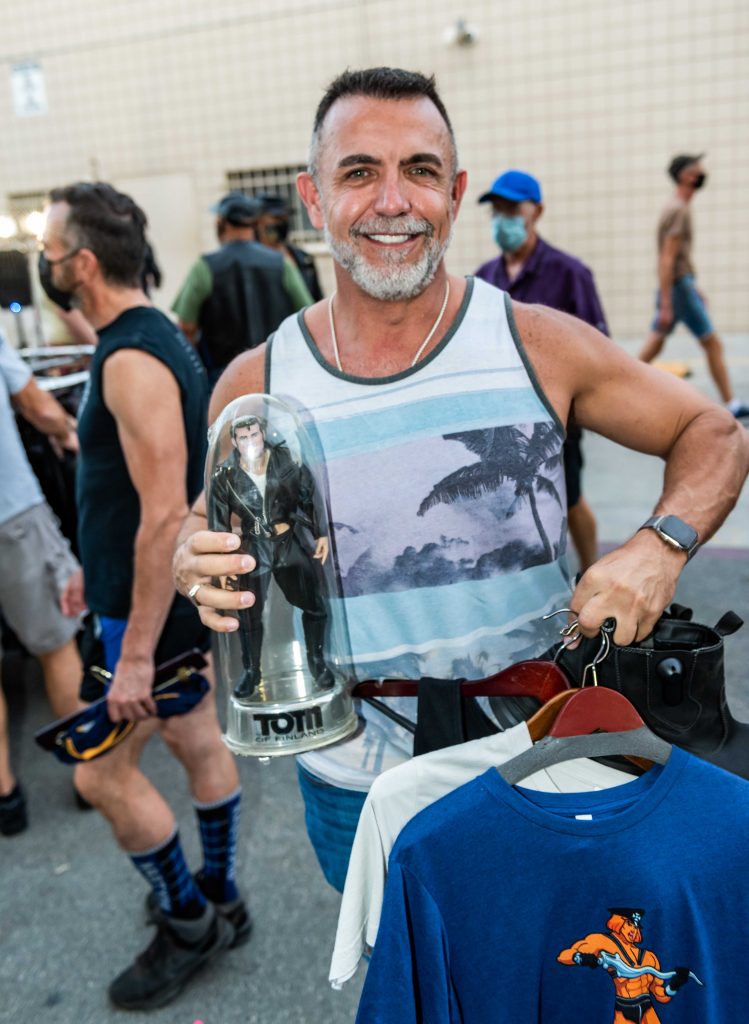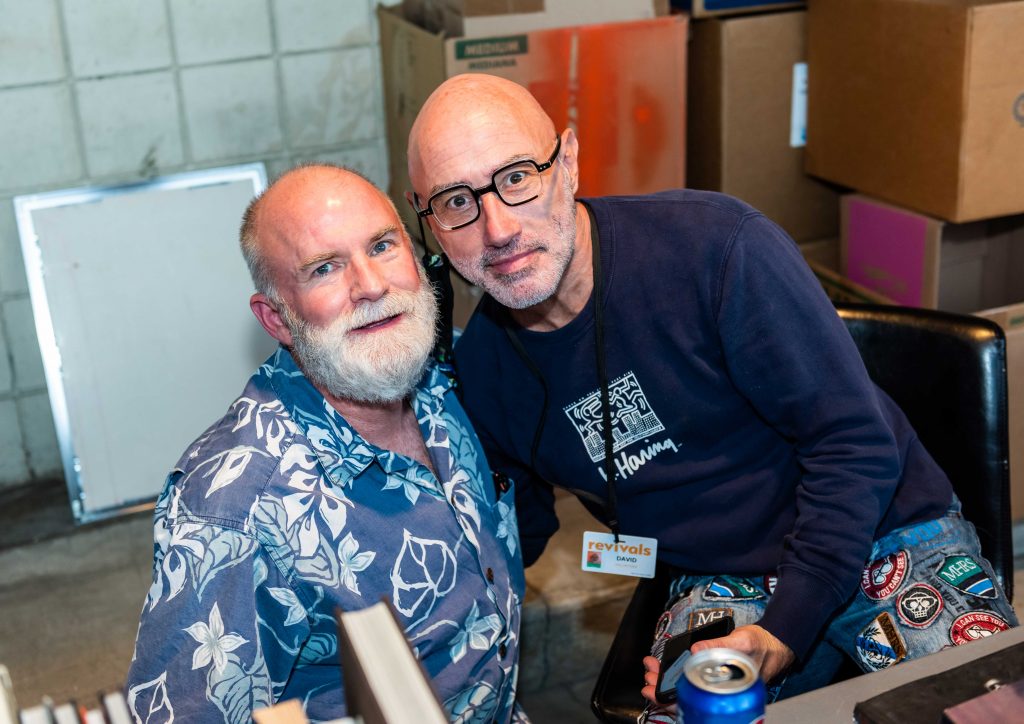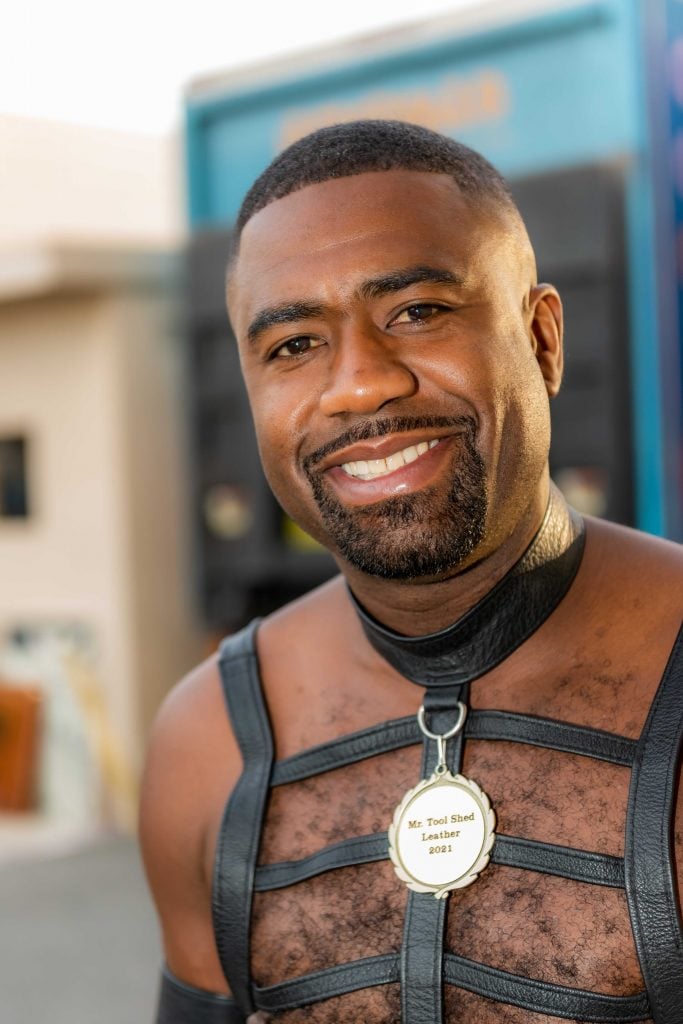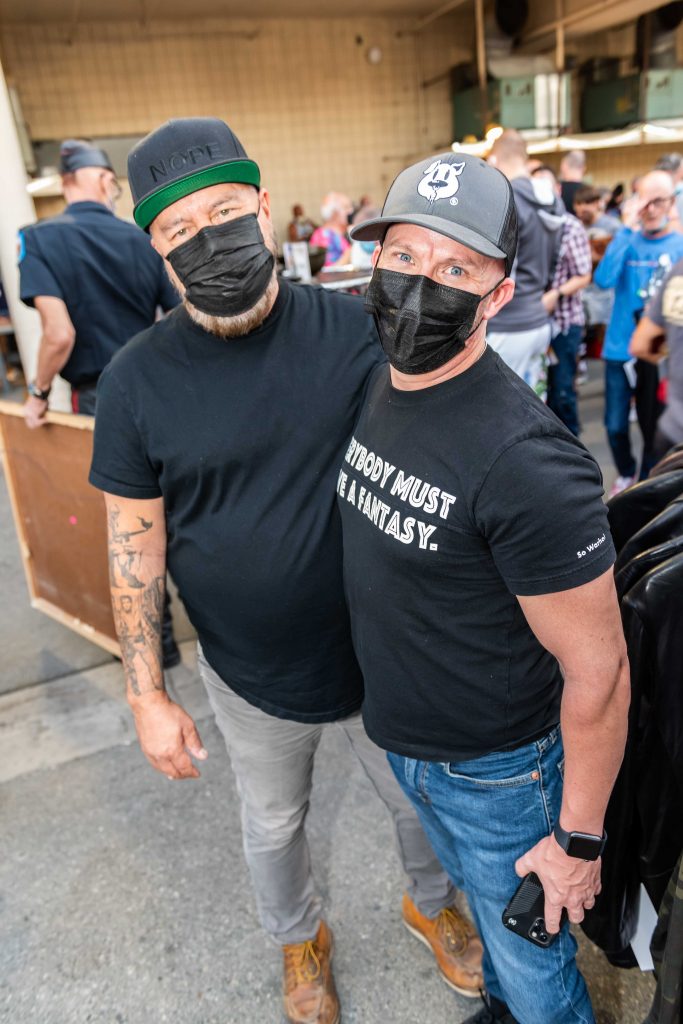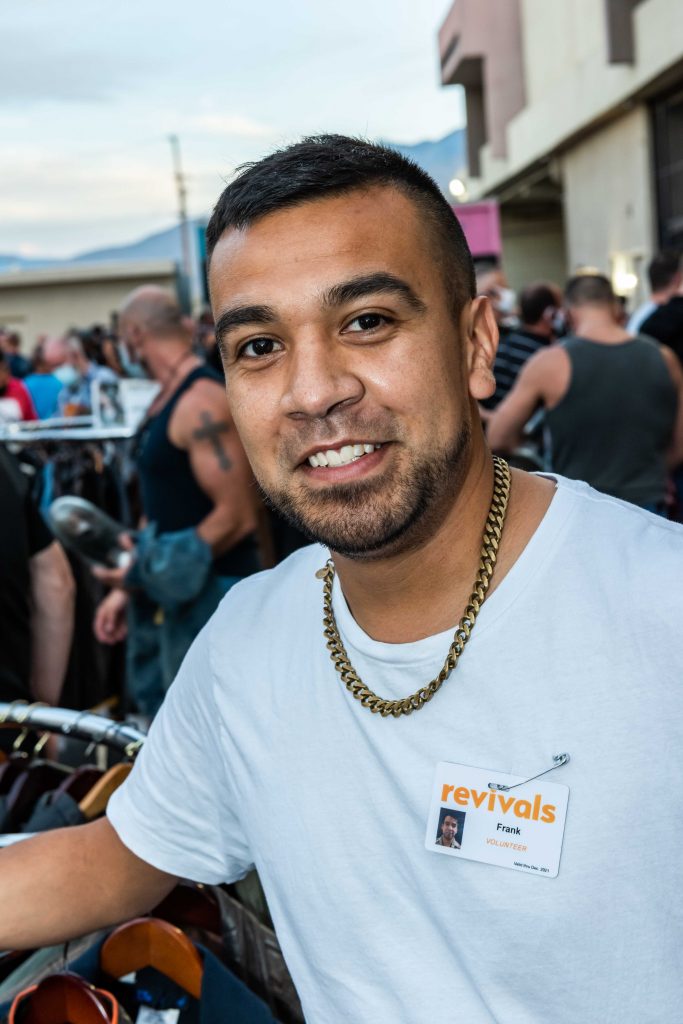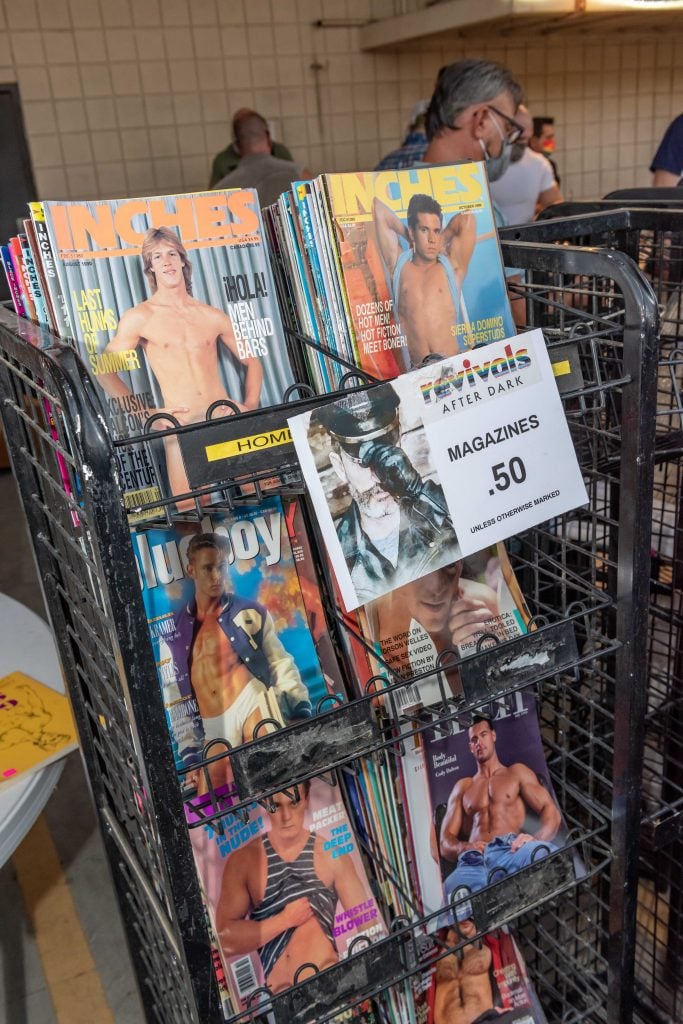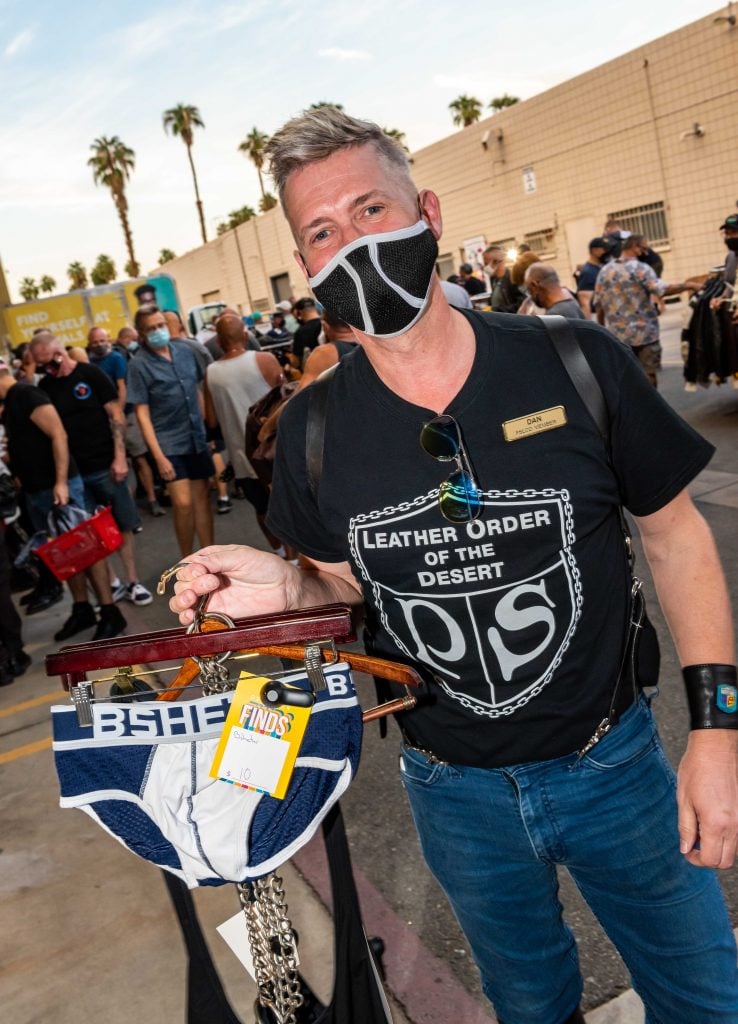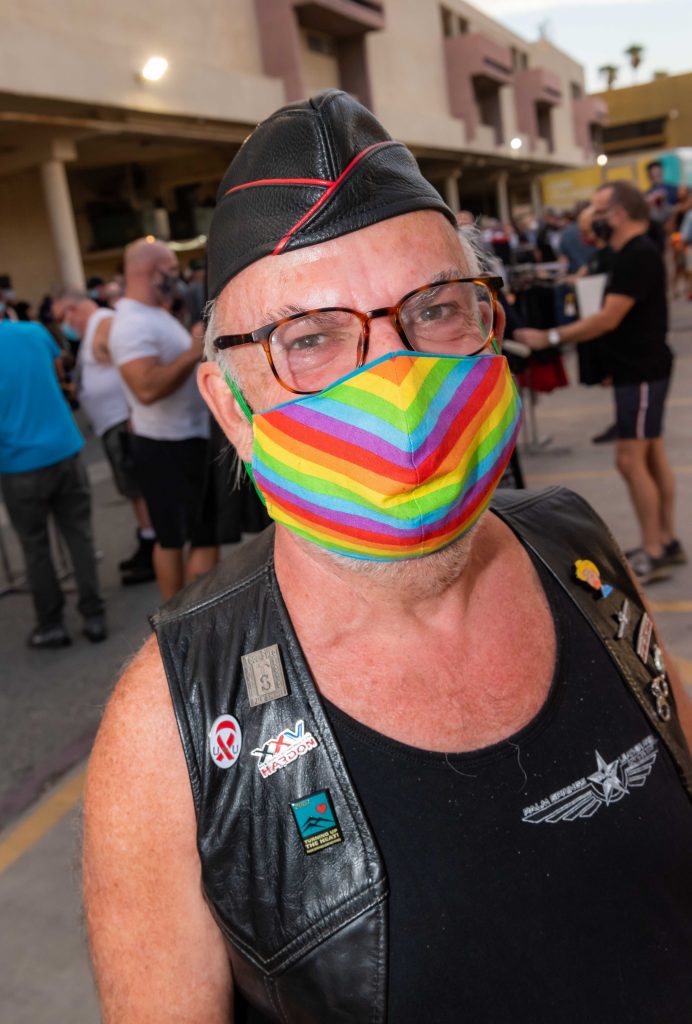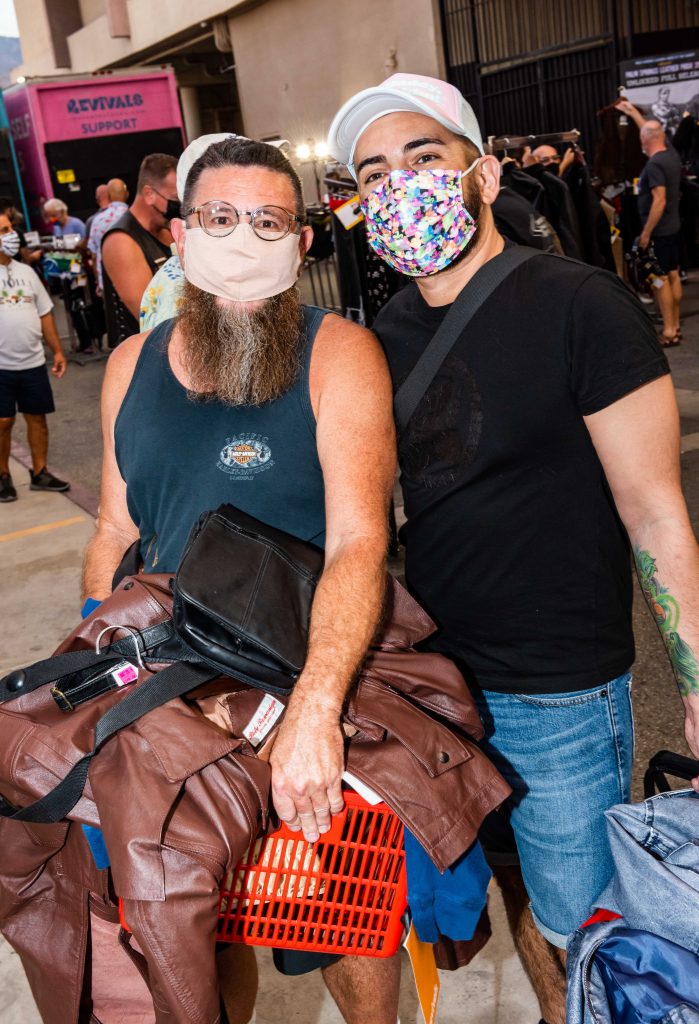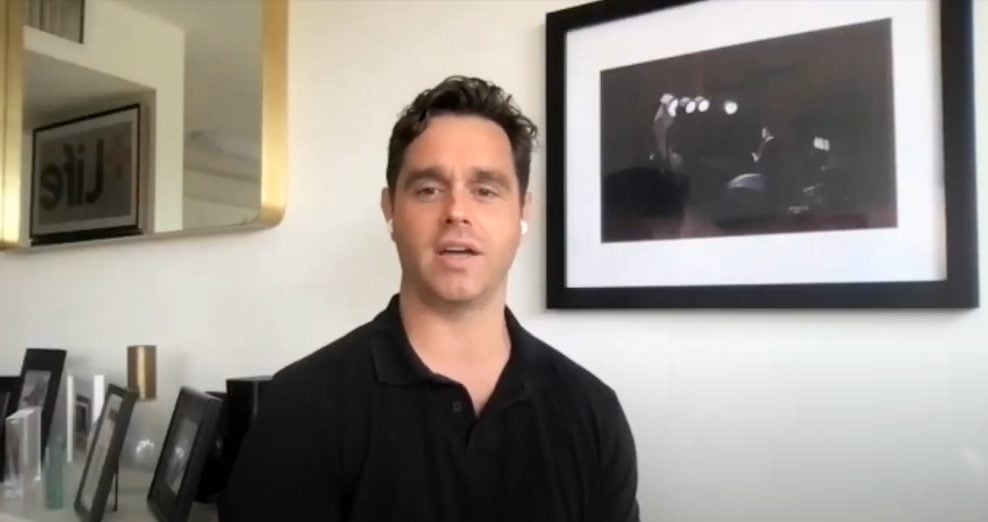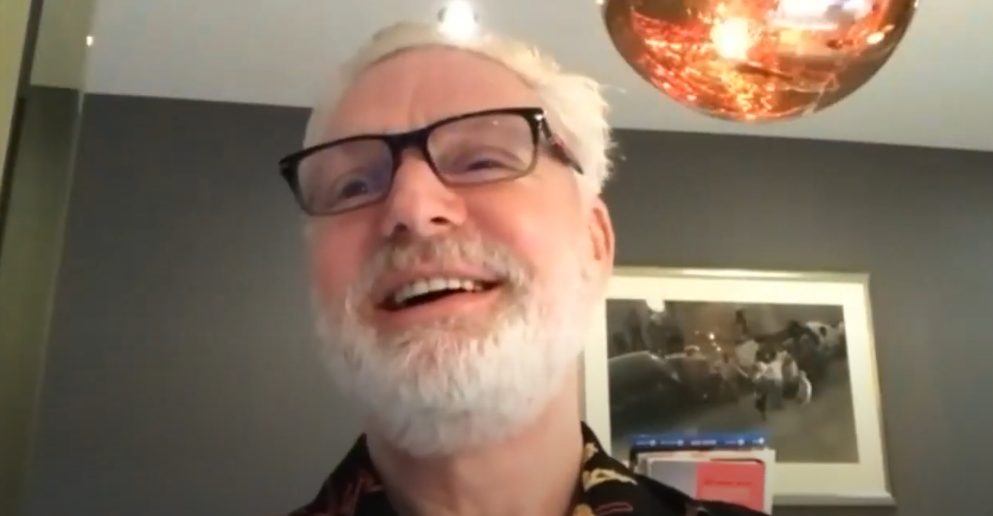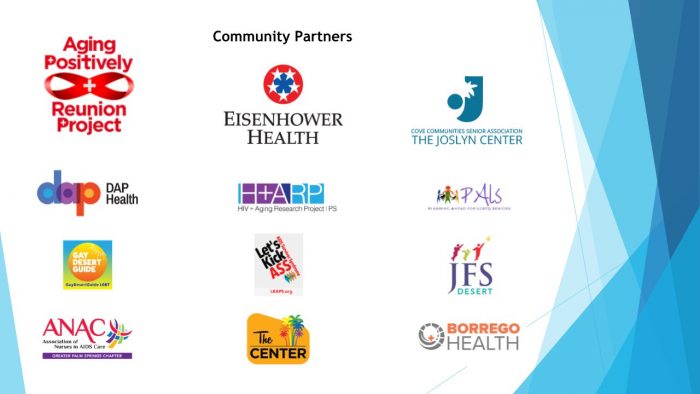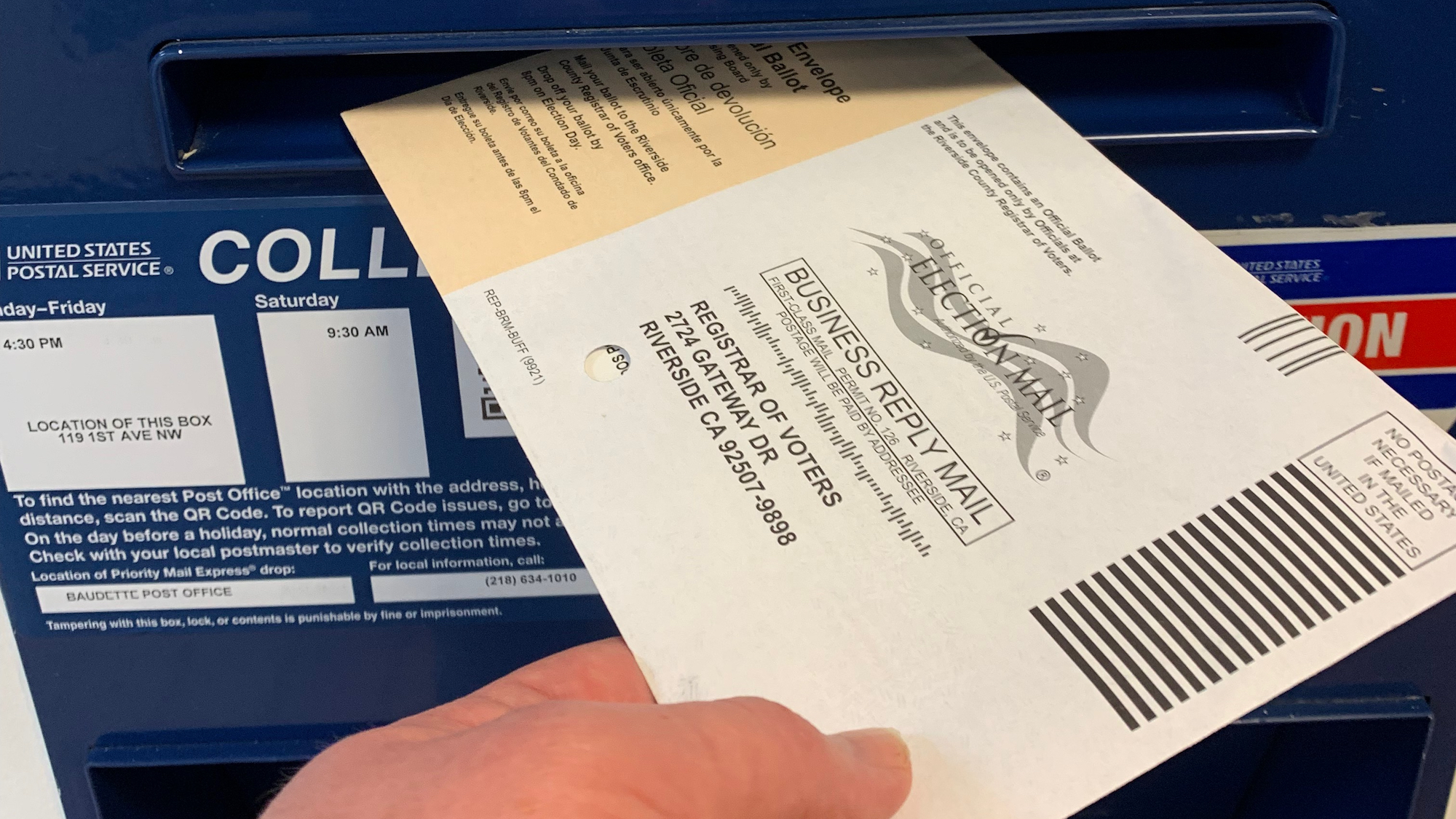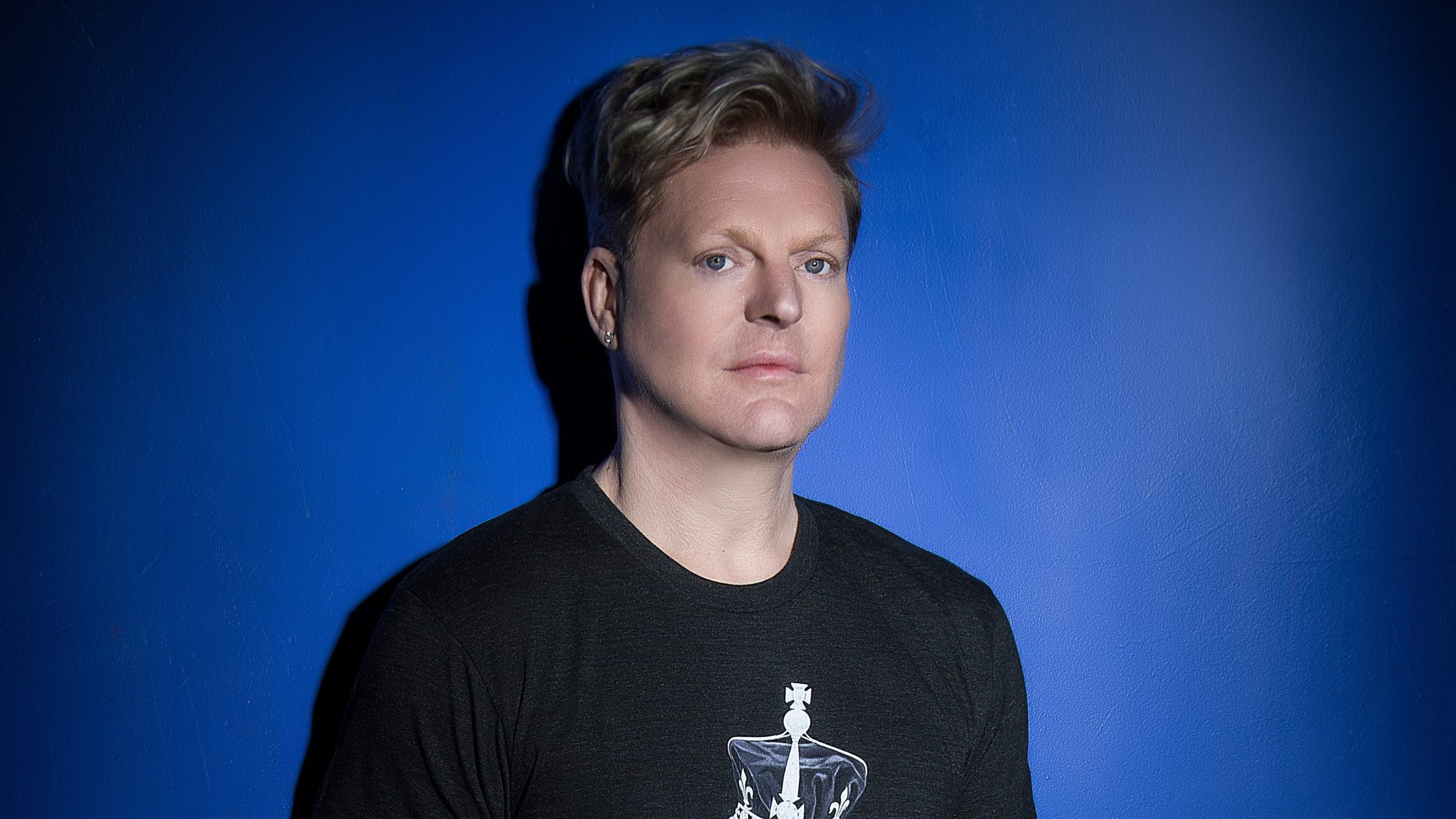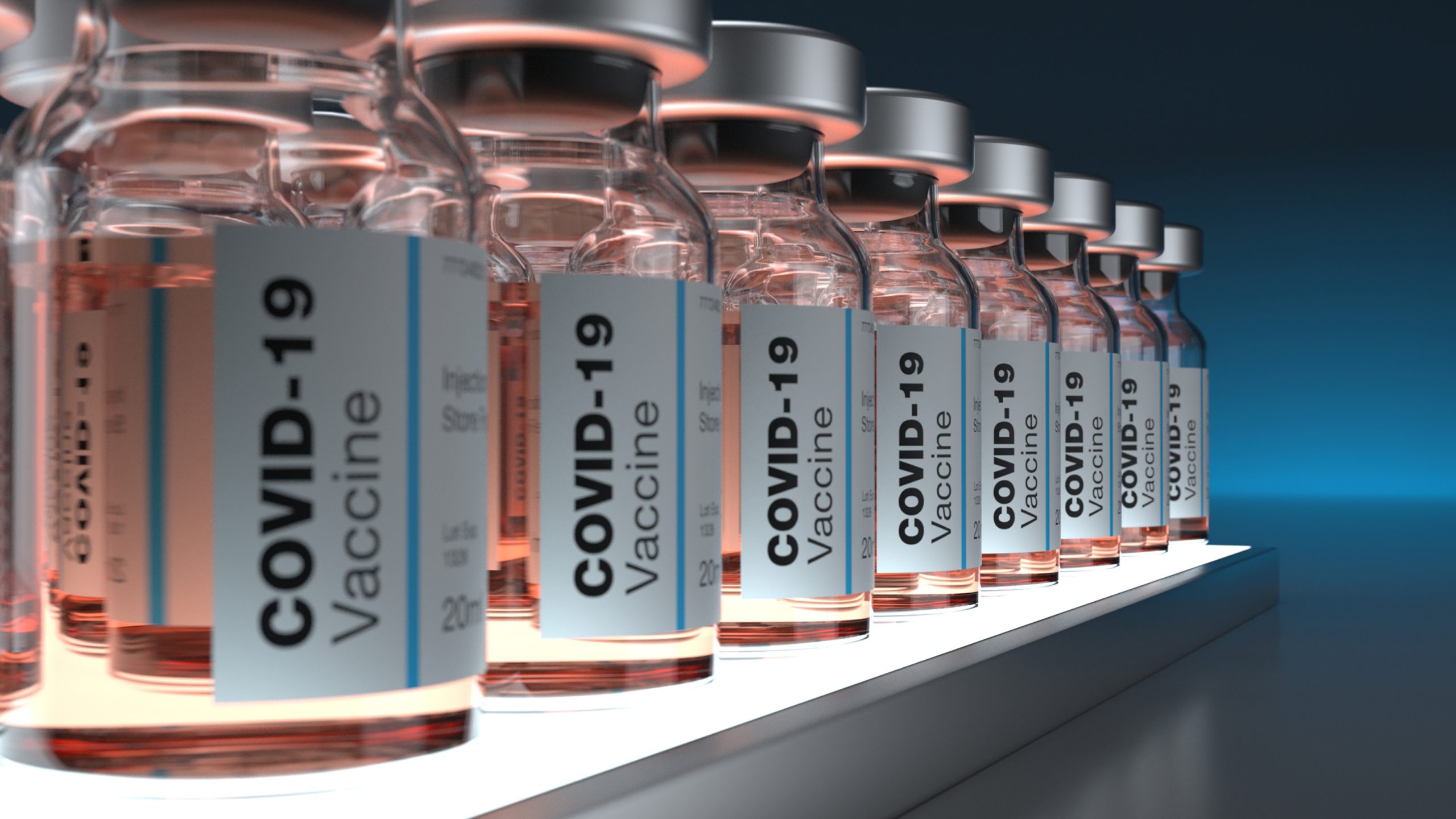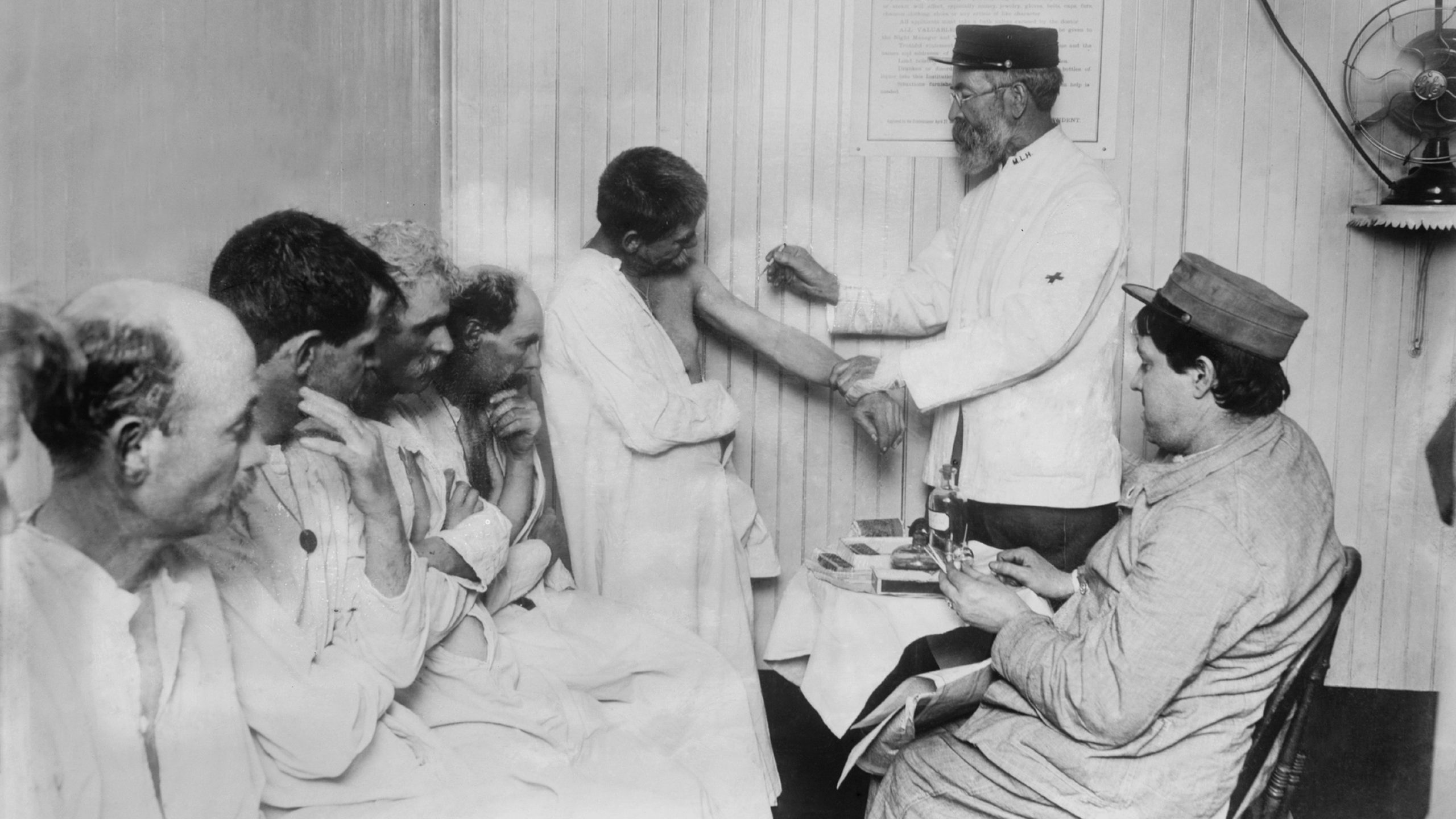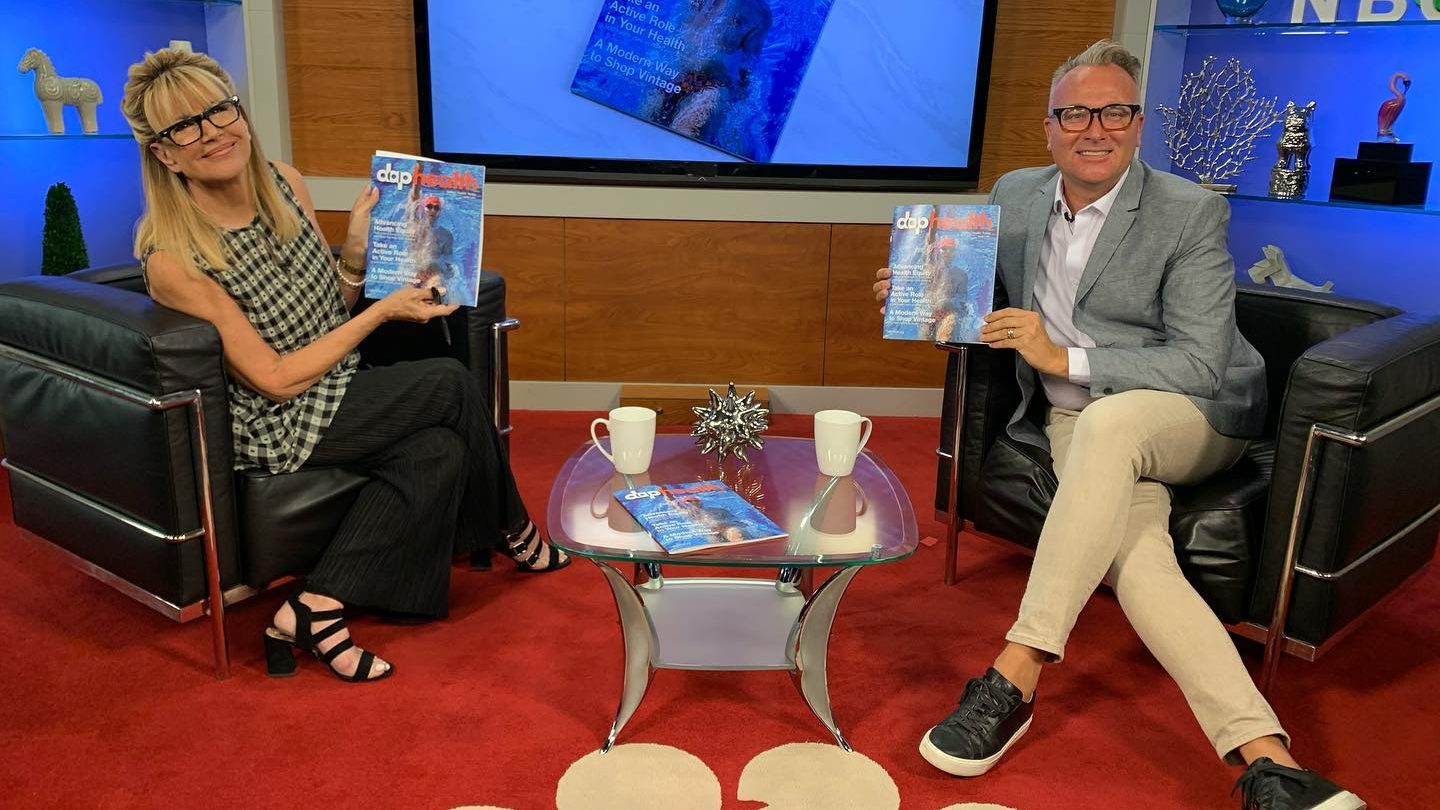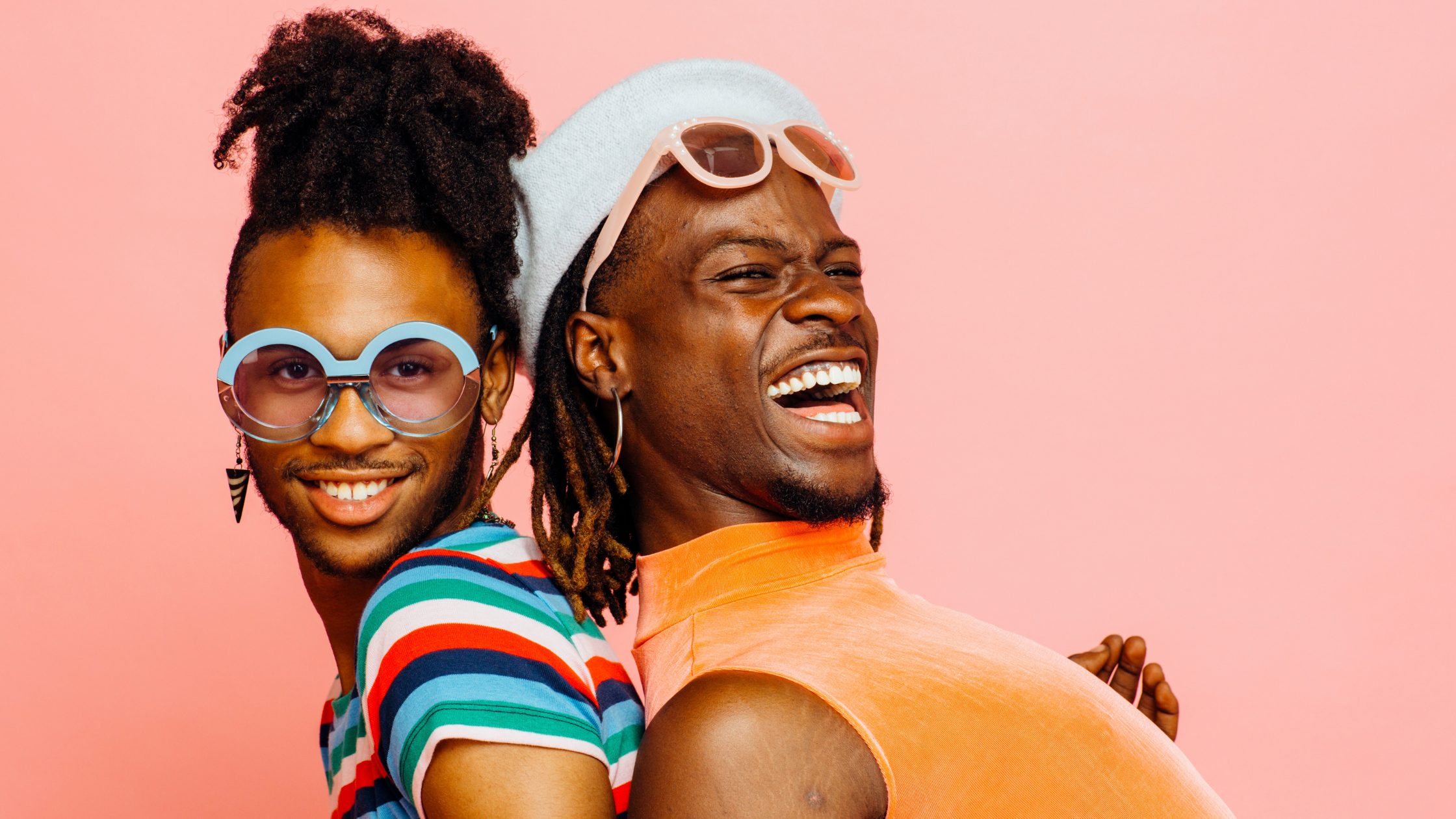
DAP Health sees large uptick in HIV and STI testing since offering free service
Eliminating cost barrier has drawn more people to get tested and care in past four months
PALM SPRINGS, CA – Since eliminating the cost barriers in its Sexual Wellness Clinic/Orange Clinic, DAP Health has seen an ongoing STI increases while HIV has remained the same, according to CJ Tobe, the Director of Community Health and Sexual Wellness.
DAP Health knew access to these services would be vital while social activities increased.
In the first four months:
- The Orange Clinic saw over 2,000 patients.
- On average, DAP Health is seeing 170 more patients per month than when patients were being charged for services.
- The clinic started the same amount of people on PrEP during the four months than they did in the prior 12 months.
- There were over 50 appointments for rapid start to ensure people newly diagnosed with HIV, or returning to care, have access to HIV medications within 7 days.
“We are proactively protecting the community’s health,” Tobe said. “Eliminating the cost barrier has proven to increase access to folks in our community for PrEP and STI services.”
Free services include STI testing and treatment (gonorrhea, chlamydia and syphilis), HIV prevention (pre-exposure prophylaxis, or PrEP; post-exposure prophylaxis, or PEP), and HIV and hepatitis C testing.
If anyone tests positive for HIV, the sexual wellness clinic will provide that person with rapid start medication and linkage to care, an essential step in reducing new HIV infections and improving the health outcomes of the person living with HIV. While the cost of ongoing HIV treatment is not part of the free services, DAP Health offers financial assistance.
DAP Health continues to make sexual wellness a priority by providing more people with more access to health services. It also continues to expand its ability to treat more people.
"We welcome all people, period. And now we are eliminating more barriers to access sexual wellness services," Tobe said while explaining why DAP Health has decided to offer free sexual wellness services.
“One of those barriers is cost. DAP Health learned many people testing positive for STIs and HIV had limited incomes,” Tobe says. “For them, the prior $25 fee for STI testing and PrEP was an impediment to care. DAP Health decided to remove that cost barrier to improve health equity.”
About DAP Health
DAP Health is an advocacy-based health center in Palm Springs, Calif., serving more than 10,000 patients, offering medical and mental health care, STI testing and treatment, dentistry, pharmacy, and lab services. A variety of wraparound services enable patients to experience optimal health, including social services, support groups, alternative therapies, and other wellness services. Excellent HIV care is provided by the largest team of specialized clinicians in the area.
DAP Health opened one of California’s first COVID clinics and hotlines to offer screening, testing, and treatment. DAP Health also is working to address the social determinants of health that are causing negative health outcomes during this pandemic, like food and housing insecurity, joblessness, isolation, and access to ongoing healthcare.
DAP Health’s sexual health clinic offers STI testing and treatment, pre-exposure prophylaxis (PrEP), post-exposure prophylaxis (PEP), and HIV and hepatitis C (HCV) testing. DAP Health has earned Charity Navigator’s highest rating for the twelfth consecutive year — landing DAP in the top 6% of nonprofits rated. The distinction recognizes that DAP Health exceeds industry standards in terms of financial health, accountability, and transparency.
Visit www.daphealth.org to learn more.









